This step follows in the path of Vancouver’s Greenest City 2020 initiative, which began in 2009, with the Greenest City Action Team masterminded & co-chaired by Gregor Robertson, at that time Mayor of Vancouver, and David R. Boyd, Environmental lawyer and author of "Sustainability within a Generation".
This group of local BC experts researched best practices from leading green cities around the world, and established the goals and targets that would make Vancouver the world’s greenest city by the goal of 2020. This work was published in Vancouver 2020: A Bright Green Future, and in subsequent Action Plans, ensuring that a movement towards energy efficient housing is underway across the province of British Columbia.
This is not the first time the province has led the way in environmental legislation; in 2008 they attracted international attention when they introduced North America’s first revenue-neutral carbon tax.
The latest initiative is the BC Energy Step Code, which gives communities the power to mandate more energy efficient building standards. Cities and towns now have the clout to raise the bottom rung of their regional building codes and enforce more energy-efficient new home construction and renovation standards.
According to Luke Dolan, owner of Capital Home Energy and the B.C. director of the Canadian Association of Consulting Energy Advisors, “We’re seeing a real surge in exceptionally energy-efficient buildings and stable, well-paying jobs for people to manufacture, install, and service the materials and components that go into them”.
Builders will have the opportunity to work with energy advisors to ensure their projects are financially viable and meet the requirements of the BC Energy Step Code.
Dolan went on to say, “As more B.C. communities start requiring higher levels of energy efficiency in new construction, we’re expecting to see many more energy advisors, and other positions for people who have the skills to manufacture or install building products and technologies or are willing to learn them".
“With the BC Energy Step Code, British Columbia has set a new national bar for action on new-building energy efficiency,” says Corey Diamond, executive director of Efficiency Canada. “The province has proven out an innovative new model for transforming communities for a low-carbon future, and other provinces and territories can confidently follow in its footsteps.”
24 of British Columbia's 162 local governments have already adopted the regulation, which collectively account for more than 70 percent of new residential construction in the province. The province has also set a target date of 2032 when all new buildings must adhere to an exceptionally high level of energy efficiency performance.
According to a recent study by the Vancouver Economic Commission, these cities and towns are helping to steer what amounts to being a $3.3 billion market for energy-efficient building products and services. The study also concludes that this policy will help create over 900 new manufacturing jobs and 770 installation jobs.
Additionally, blower door tests are becoming part of many State and Provincial mandatory building codes - the new BC Energy Step Code is only one example - find out more about how to do a blower door test.
Now you know more about the BC Step Code, learn more about performance homes in the Ecohome Green Building Guide and these pages below :
Sign up now and reap the benefits of a free Ecohome Network Membership! |





























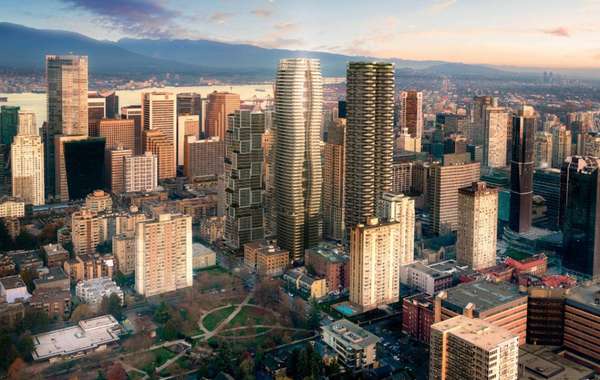
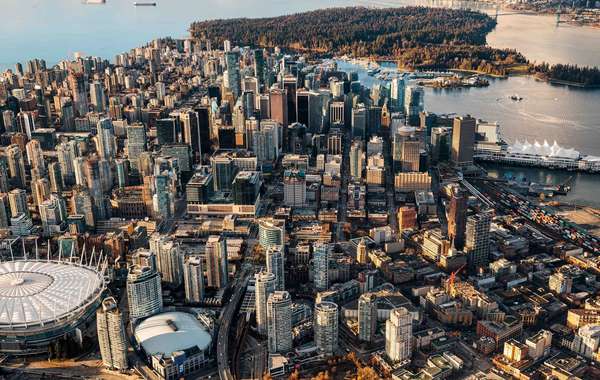
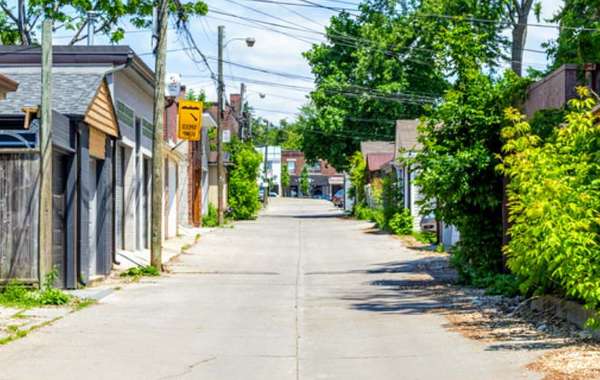
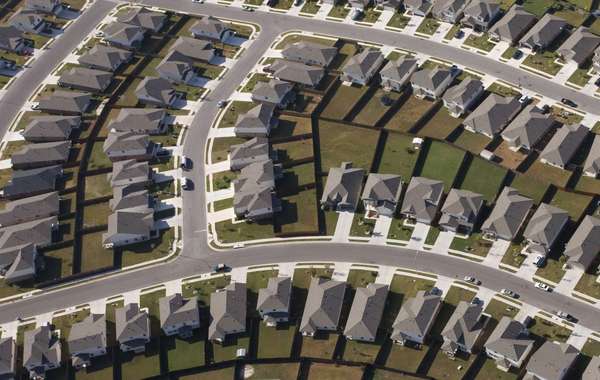
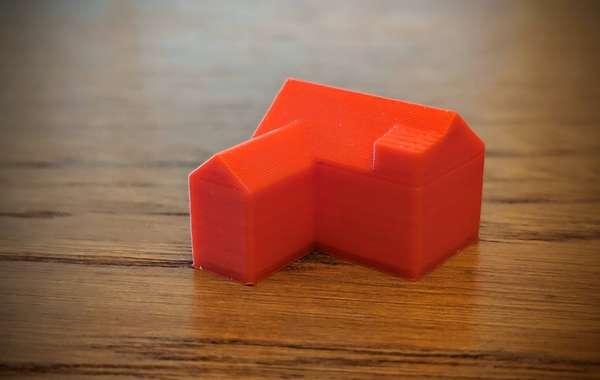
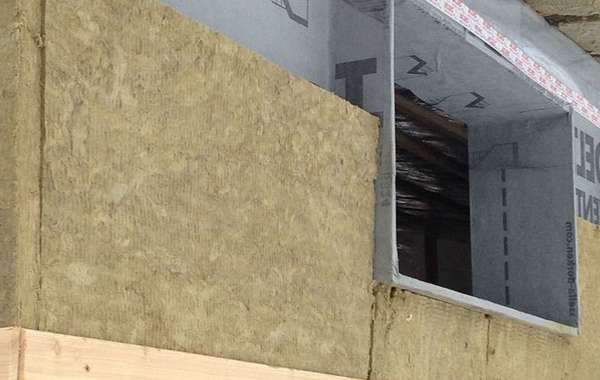
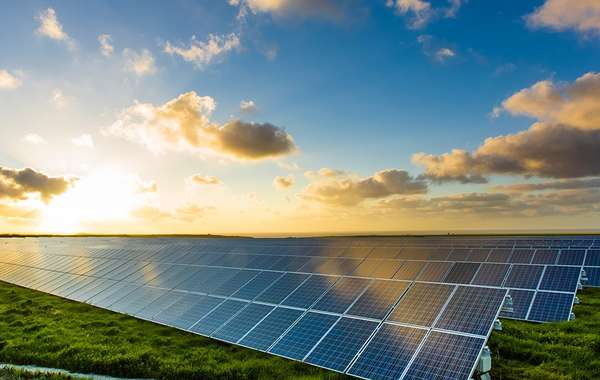
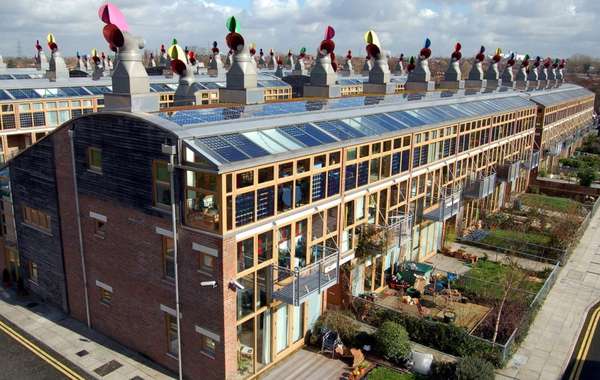
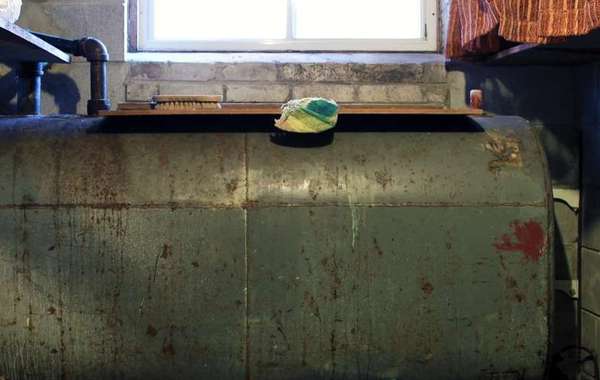

Comments (0)
Sign Up to Comment